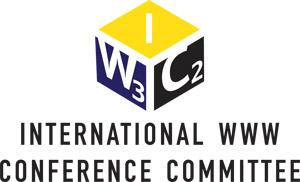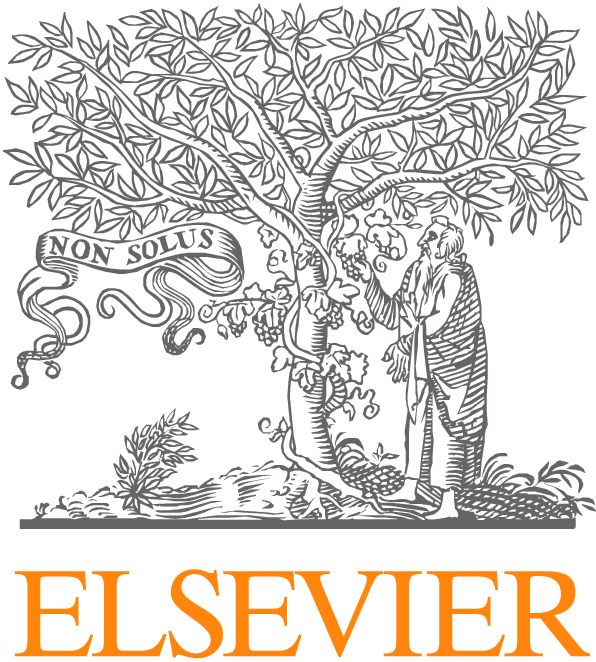The Social Networks and Graph Analysis track invites original submissions addressing all the aspects of social networks and graph analysis. Social network have grown beyond mere social communication platforms by offering more and more professional services, recommendations, and novel content collection and dissemination functionalities. These offerings are facilitating new market opportunities and providing users a richer online communication world. This track solicits submissions on novel system aspects, algorithms, and methodologies to expand our understanding of how social networks are evolving and the resulting effect on end-user engagement.
Relevant topics include, but are not restricted to, the ones below:
- Algorithms for graph reconstruction and network inference
- Algorithms for graph streams
- Analysis of heterogeneous networks, signed networks, labeled networks, etc.
- Centrality and ranking in social networks
- Design and analysis of data structures for graphs and social networks
- Graph partition and community discovery
- Influence propagation and information diffusion in social networks
- Link prediction
- Location-aware social networks and mobility
- New models and algorithms for social network analysis
- Privacy-preserving mining of social networks
- Representation and compression of graphs and social networks
- Sampling and evaluation issues in graph algorithms
- Social mining, social search, and social recommendation systems
- Social reputation and trust management
- Spectral graph analysis
- Temporal evolution and dynamics of online social networks
- Theoretical analysis of graph algorithms and models for social networks
For questions related to this call, please email: socialnets@www2016.ca
Area Chairs
- Alessandra Sala, Bell Labs, USA
- Aristides Gionis, Aalto University, Finland
- Haewoon Kwak, Qatar Computing Research Institute, Qatar
Program Committee
- Yong-Yeol Ahn, Indiana University Bloomington, USA
- Luca Maria Aiello, Yahoo Labs, Spain
- Deepak Ajwani, Bell Labs Ireland, Ireland
- Aris Anagnostopoulos, Sapienza University of Rome, Italy
- Luca Becchetti, University of Rome "La Sapienza", Italy
- Fabricio Benevenuto, Federal University of Minas Gerais (UFMG), Brazil
- Michele Berlingerio, IBM Research, Ireland
- Jeremy Blackburn, Telefonica Research, Spain
- Petko Bogdanov, University at albany SUNY, USA
- Francesco Bonchi, Yahoo! Research, Spain
- Ceren Budak, Microsoft Research, USA
- James Caverlee, Texas A&M University, USA
- Yang Chen, Fudan University, China
- Wei Chen, Microsoft Research Asia, China
- Aaron Clauset, University of Colorado Boulder, USA
- Gao Cong, Nanyang Technological University, Singapore
- Yafei Dai, Peking University, China
- Anirban Dasgupta, IIT Gandhinagar, India
- Gianmarco De Francisci Morales, Aalto University, Finland
- Damien Fay, Bournemouth University, UK
- Emilio Ferrara, School of Informatics and Computing, Indiana University Bloomington, USA
- Pierre Fraigniaud, CNRS and University of Paris 7, France
- Sabrina Gaito, Università degli Studi di Milano, Italy
- Bruno Gonçalves, Aix-Marseille Université, France
- Amit Goyal, Yahoo Labs, USA
- Francesco Gullo, Yahoo Labs, Spain
- Krishna Gummadi, MPI-SWS, Germany
- Stephan Günnemann, Carnegie Mellon University, USA
- Jake Hofman, Microsoft Research, USA
- Panos Kalnis, King Abdullah University of Science and Technology, Saudi Arabia
- Arijit Khan, ETH, Switzerland
- Ioannis Koutis, University of Puerto Rico-Rio Piedras, USA
- Danai Koutra, Carnegie Mellon University, USA
- Ponnurangam Kumaraguru, IIITD, India
- Theodoros Lappas, Stevens Institute of Technology, USA
- Matthieu Latapy, CNRS, France
- Silvio Lattanzi, Google, USA
- Kristina Lerman, University of Southern California, USA
- David Liben-Nowell, Carleton College, USA
- Yu-Ru Lin, University of Pittsburgh, USA
- Nelly Litvak, University of Twente, Netherlands
- Mohammad Mahdian, Google, USA
- Madhav Marathe, Virgnia BioInformatics Institute and Dept. of Computer Science, USA
- Michael Mathioudakis, Helsinki Institute for Information Technology, Finland
- Julian Mcauley, UC San Diego, USA
- Vahab Mirrokni, Google Research, USA
- Misael Mongiovì, Consiglio nazionale delle ricerche, Italy
- Sebastian Moreno, Purdue University, USA
- Ali Pinar, Sandia National Laboratories, USA
- B. Aditya Prakash, Virginia Tech, USA
- Matteo Riondato, Two Sigma Investments
- Derek Ruths, McGill University, Canada
- Iraj Saniee, Bell Labs, Alcatel - Lucent, USA
- Grant Schoenebeck, University of Michigan, USA
- Aneesh Sharma, Twitter Inc, USA
- Mauro Sozio, Télécom ParisTech, France
- Michael Szell, Northeastern University, USA
- Nikolaj Tatti, Aalto University, Finland
- Evimaria Terzi, Boston University, USA
- Hanghang Tong, ASU, USA
- Panayiotis Tsaparas, University of Ioannina, Greece
- Charalampos Tsourakakis, Harvard University, USA
- Johan Ugander, Microsoft Research, USA
- Antti Ukkonen, Finnish Institute of Occupational Health, Finland
- Sergei Vassilvitskii, Google, USA
- Jilles Vreeken, Max-Planck Institute for Informatics and Saarland University, Germany
- Jaewon Yang, Stanford University, USA
- Georgios Zervas, Boston University School of Management, USA
- Heather Zheng, UCSB, USA

